Your first look at the future of Android.
Android 11 was an update that was greater than the sum of its parts. Smaller features like chat bubbles, conversation notifications, and a built-in screen recorder don't sound all that impressive on their own. Combined into one seamless package, however, Android 11 was a pretty great update for Google's mobile OS. Looking ahead at Android 12, we're expecting another year of greatness.
Android 12 has officially arrived in the form of a developer preview, giving us a very early look at where Google is headed for the next generation of its mobile OS. And, as you'd expect, there's a lot to talk about.
From the latest features, design changes, availability, and more, here's every single thing you need to know about Android 12!
Android 12 Developer preview
Google released the first developer preview of Android 12 on February 18, 2021. The second Android 12 Developer Preview was released on March 17.
As the name suggests, this version of Android 12 is intended specifically for developer use so apps can start being prepared for the new OS. There are still some lingering bugs and missing features, but if you want an in-depth look at what is present, we've already made an Android 12 Developer Preview hands-on for you to check out.
If you are a developer or just want to throw caution to the wind and play with Android 12 anyway, you can install it on select Pixels right now. Developer Preview 1 is available for all of the following handsets:
- Pixel 3 / 3 XL
- Pixel 3a / 3a XL
- Pixel 4 / 4 XL
- Pixel 4a / 4a 5G
- Pixel 5
To get started, you'll need to head to the Android Developers website and manually flash the Android 12 system image on your phone. While we'd strongly advise against putting this on your daily driver, we do have instructions on how to install the Android 12 beta on your phone right now if you're determined to play around with it.
Android 12 Release date
While the timing of Android version releases has changed over the years, the past few have been pretty consistent. Here are the dates for the last four releases:
- Android 8.0 — August 21, 2017
- Android 9 — August 6, 2018
- Android 10 — September 3, 2019
- Android 11 — September 8, 2020
As expected, it looks like Google is committed to hitting a similar release window for Android 12. The company hopes to reach Platform Stability for Android 12 by August 2021, though as we saw last year, delays can happen.
Leading up to the final release, we'll be treated to two more developer previews in March and April, followed by four beta variants.
Android 12 Interface
A big change on the interface side of things is a one-handed mode that debuted in preview 2. The one-handed mode pulls the screen down for easier access. It is a nifty addition, and if you're interested in seeing how it works in action, head to our Android 12 Developer Preview 2 hands-on.
Another aesthetic change is around dark mode; Google seems intent on making it lighter with every preview. What was a true dark mode now has a distinctly grey tone, and it doesn't look all that great on AMOLED panels. While other manufacturers offering the ability to customize the intensity of dark mode — ColorOS 11 does this really well — Google is unlikely to do the same.
We haven't seen a major redesign for Android since the shift from Holo to Material Design back in 2014, but based on the developer previews and recent leaks, Android 12 could mark the next big shift we see for the Android OS as we know it.
If you enable a feature flag in Android 12 DP1, you'll find a new interface in the Settings app called "Silky Home." Similar to what we see with Samsung's One UI, Silky Home introduces large header fonts and pushes all your buttons/toggles further down the screen — allowing for easier use on large devices.
It's quite the departure from what we've come to expect with Google's current software design, and while it's currently limited to the Settings app, one would assume that we could see it expand to other parts of the OS with future software versions.
Furthermore, a series of Android 12 mockups were shared by the fine folks at XDA Developers on February 8, 2021. What you're seeing below are renderings of what future Android 12 builds may look like, and while nothing here is official or confirmed, it is a potentially exciting glimpse at what's to come.
Right off the bat, it would appear that widgets are getting a considerable makeover in Android 12. Widgets were a big focus for Apple last year with iOS 14, and for Android 12, Google could be taking a few notes from Apple's approach to give Android widgets a much-needed refresh.
You'll also notice the system-wide theming throughout the mockups — with everything from app icons, widgets, and other elements throughout the UI featuring colors that match the tan/sandy wallpaper. Word on the street is that Android 12 will introduce the most robust theming engine we've ever seen for the platform, and these mockups could be showing off exactly that. Developer preview 2 introduced tweaks to picture-in-picture mode, giving devs more tools to resize their content.
Another report from XDA notes that these various changes are all part of Google's next big design evolution for Android — apparently called "Material NEXT." In addition to the changes seen in the renders above, other changes with Material NEXT are said to include rearranging of lock screen and AOD icons, a new UI for the lock pattern feature, and new clock/customization options on the lock screen.
Material NEXT likely isn't the official name for this new design language, but what is clear is that Android as we know it could look and feel a lot different in the coming months. When you combine these renders with the Silky Home changes we've already seen, it becomes pretty obvious that Google has big things in the works for Android.
Android 12 Privacy
Google always uses Android updates to introduce new privacy-focused features, and for Android 12, that's no different. Android 12's first developer preview ushers in a few different privacy tweaks, and while none of them are game-changing, they're still worth talking about.
First on the list, we have changes to cookie behavior when visiting websites. Google says users will now have "more transparency and control over how cookies can be used across sites." Google's also improving the safety for how apps export certain activities, ensuring things that should remain in a specific app aren't being shared elsewhere.
Something that's not present quite yet — but a feature we're really looking forward to — are status indicators for when apps are using certain parts of your phone. Similar to how iOS 14 shows an indicator when an app is using your microphone or camera, leaked mockups of Android 12 have revealed something identical to that (see the green icons in the image above).
We don't know for sure if/when this will be present in Android 12, but we're crossing our fingers it makes the cut.
Android 12 Notifications
Notifications got a lot of attention with Android 11, and in Android 12, that focus continues. There are a few notable updates for notifications, the first of which has to do with UI updates.
In its press release for Android 12's first developer preview, Google says it's "refreshing notification designs to make them more modern, easier to use, and more functional." At least in the initial developer preview, there are updates to the design of the notification drawer and controls. You'll also notice tweaks to certain animations and transitions, helping to make the whole notification experience as fluid and seamless as possible.
Furthermore, Google goes on to say that it's "decorating notifications with custom content with icon and expand affordances to match all other notifications." Google introduced a new security measure for lock screen notifications, and developers can now configure notifications on the lock screen to always require user authentication.
Android 12 is also improving the performance of notifications. For apps targeting Android 12, Google's making behind-the-scenes changes that'll allow you to access an app even faster when tapping on its respective notification.
Android 12 Miscellaneous
Privacy and notifications have received the most attention in Developer Preview 1, but that's not to say they're the only things that got updated. In fact, there are a lot of smaller updates that are just as important to keep on your radar.
One of those things has to do with files and media transcoding. HEVC is becoming increasingly popular in the mobile space, and in light of this, Android 12 introduces new media transcoding tools to help apps deal with HEVC content if they don't natively support it. Now, if an app can't handle HEVC files, those will automatically be transcoded to AVC. Developers are still being encouraged to adopt native HEVC support, but in the meantime, this should be helpful during the transition process.
While on the subject of files, Android 12 also introduces support for AVIF. Compared to a competing format like JPEG, AVIF offers much higher-quality images at small file sizes (as shown in the above image).
Something I'm personally excited about is the new "haptic-coupled audio effect" feature. That may sound like tech jargon, but what it essentially means is that apps can use the vibration motor in your phone to play custom vibrations — for example, a racing game could offer different vibrations for when you're driving on dirt, asphalt, etc.
We should also mention that Android 12 continues Google's commitment to Project Mainline. With Android 12, Google is now adding the Android Runtime (also known as ART) module to the Project Mainline process. Per Google, this change:
Lets us push updates to the core runtime and libraries on devices running Android 12. We can improve runtime performance and correctness, manage memory more efficiently, and make Kotlin operations faster - all without requiring a full system update.
Android 12 Rumored features
Those are some of the big Android 12 features that Google has confirmed, but what about the ones we've seen in leaks and rumors? Here's a quick roundup of the biggest new features we've yet to see.
Thanks to some digging by the folks at 9to5Google, it appears that Google is prepping a Pixel-specific Android 12 feature that would allow you to double-tap the back of its phones to perform certain actions. Along with acting as another shortcut for opening Google Assistant, the double-tap could also be used to snooze alarms, take a screenshot, etc.
This feature was spotted in Android 11 betas and came with the codename of "Columbus." It obviously never made its way to the public build, but looking ahead at Android 12, it could finally get its chance to shine.
Another Pixel-specific feature could come in the form of an auto-rotate update — specifically, using the orientation of your face to help your Pixel determine when to change the display to horizontal or vertical. We've all had auto-rotate flip our screen unintentionally because of the gyroscope getting confused for one reason or another, so having a feature like this to get rid of those false positives could be really helpful.
from Android Central - Android Forums, News, Reviews, Help and Android Wallpapers https://ift.tt/3sZVeFB
via IFTTT

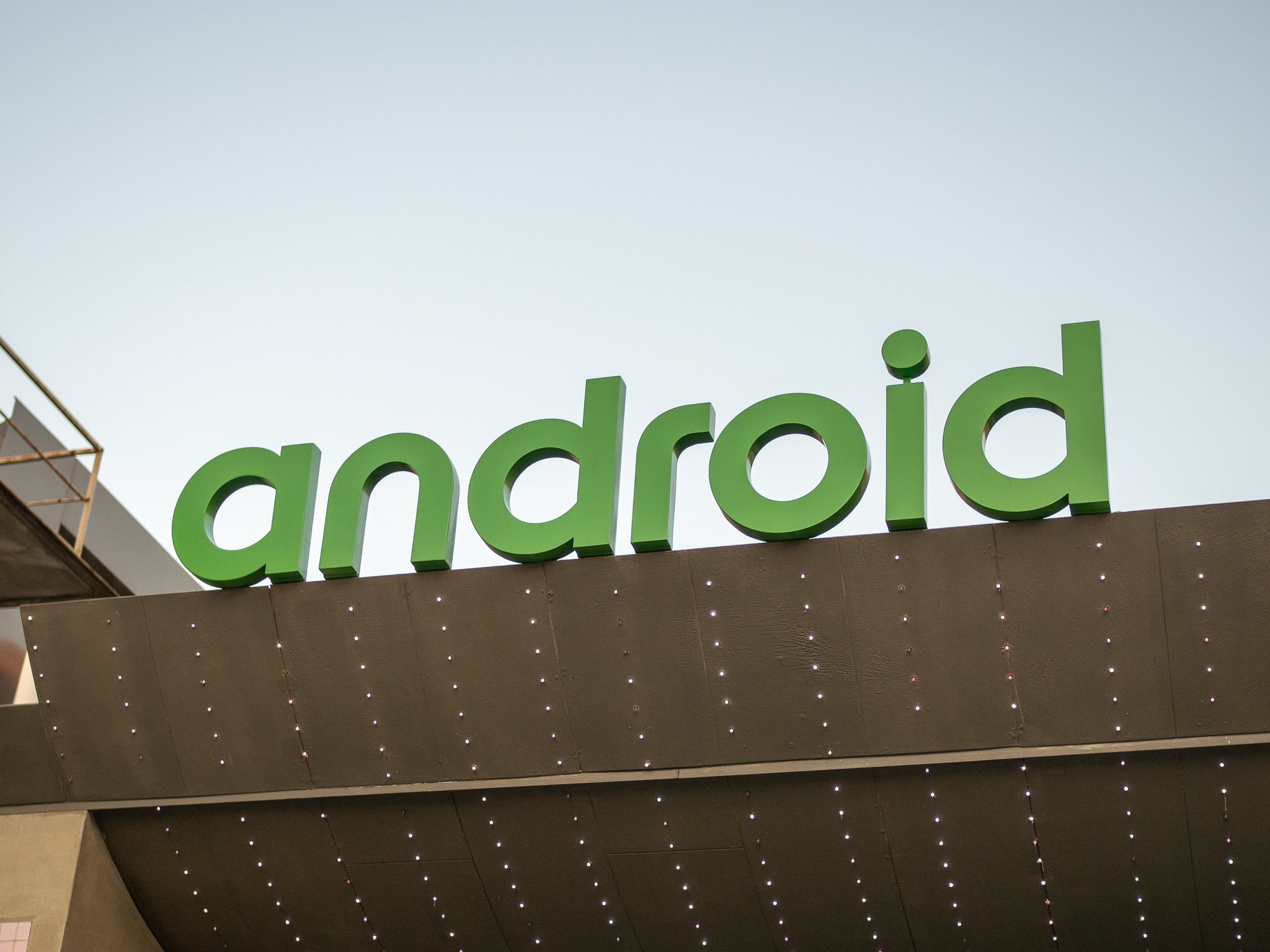
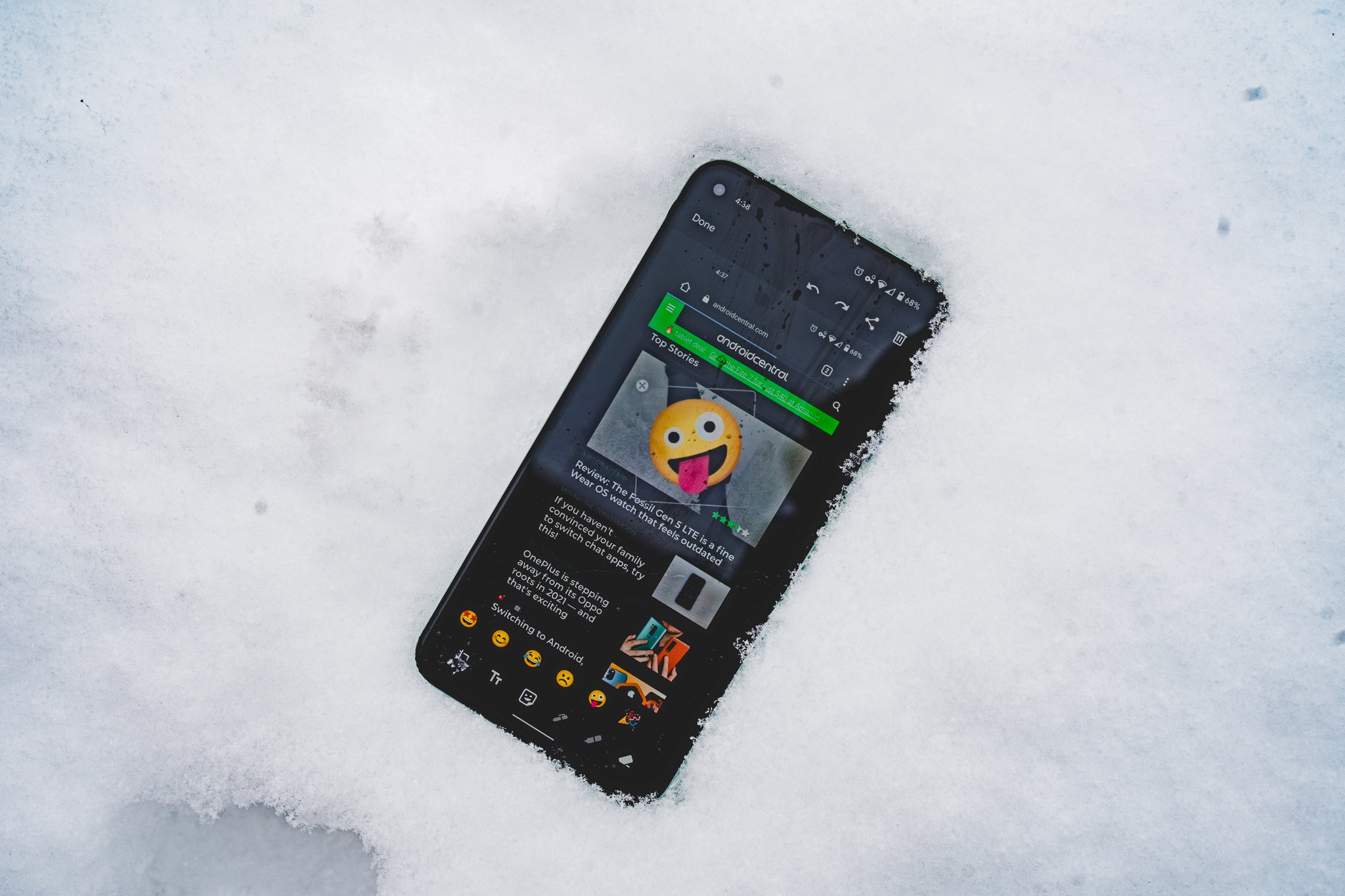
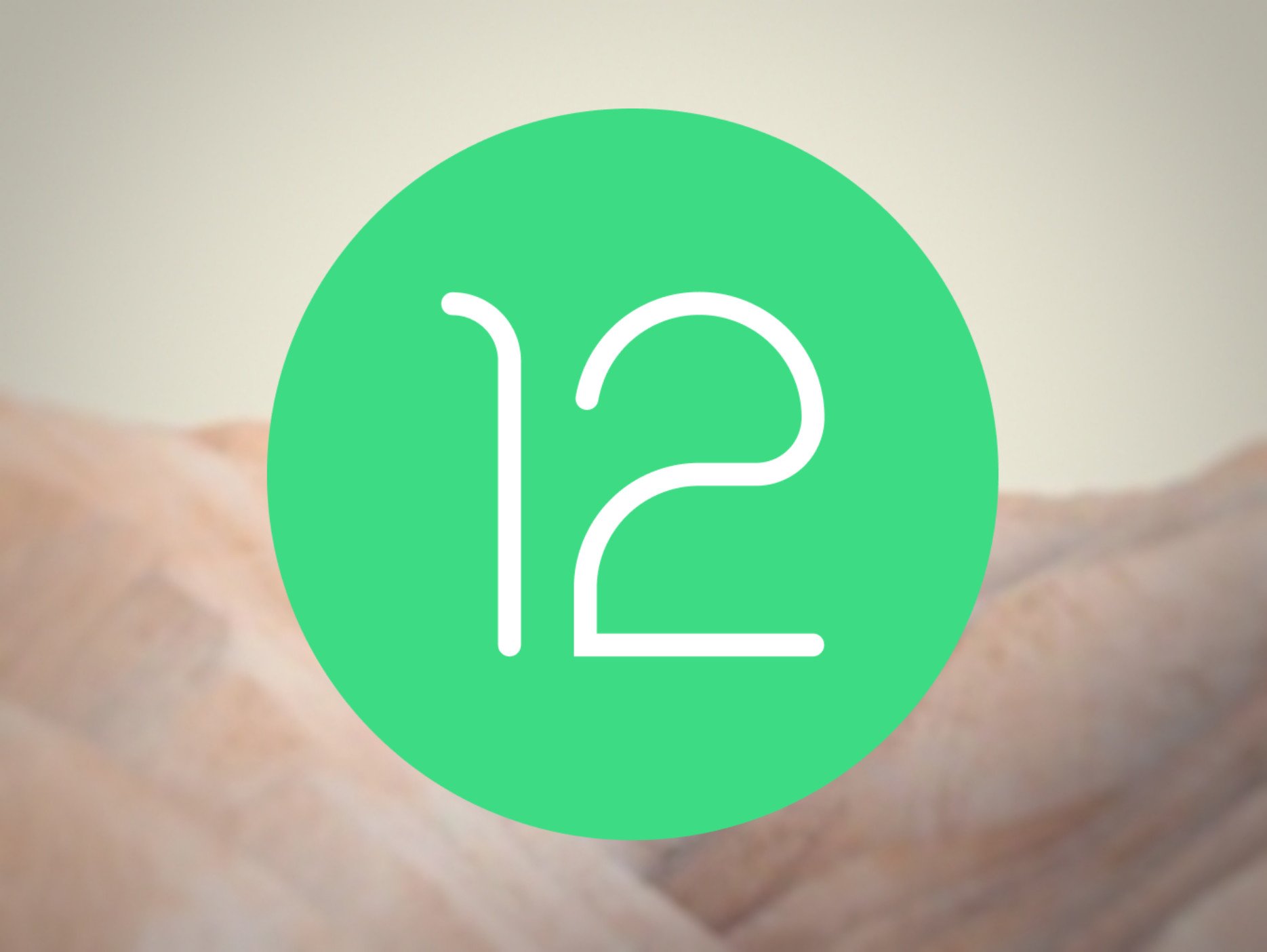


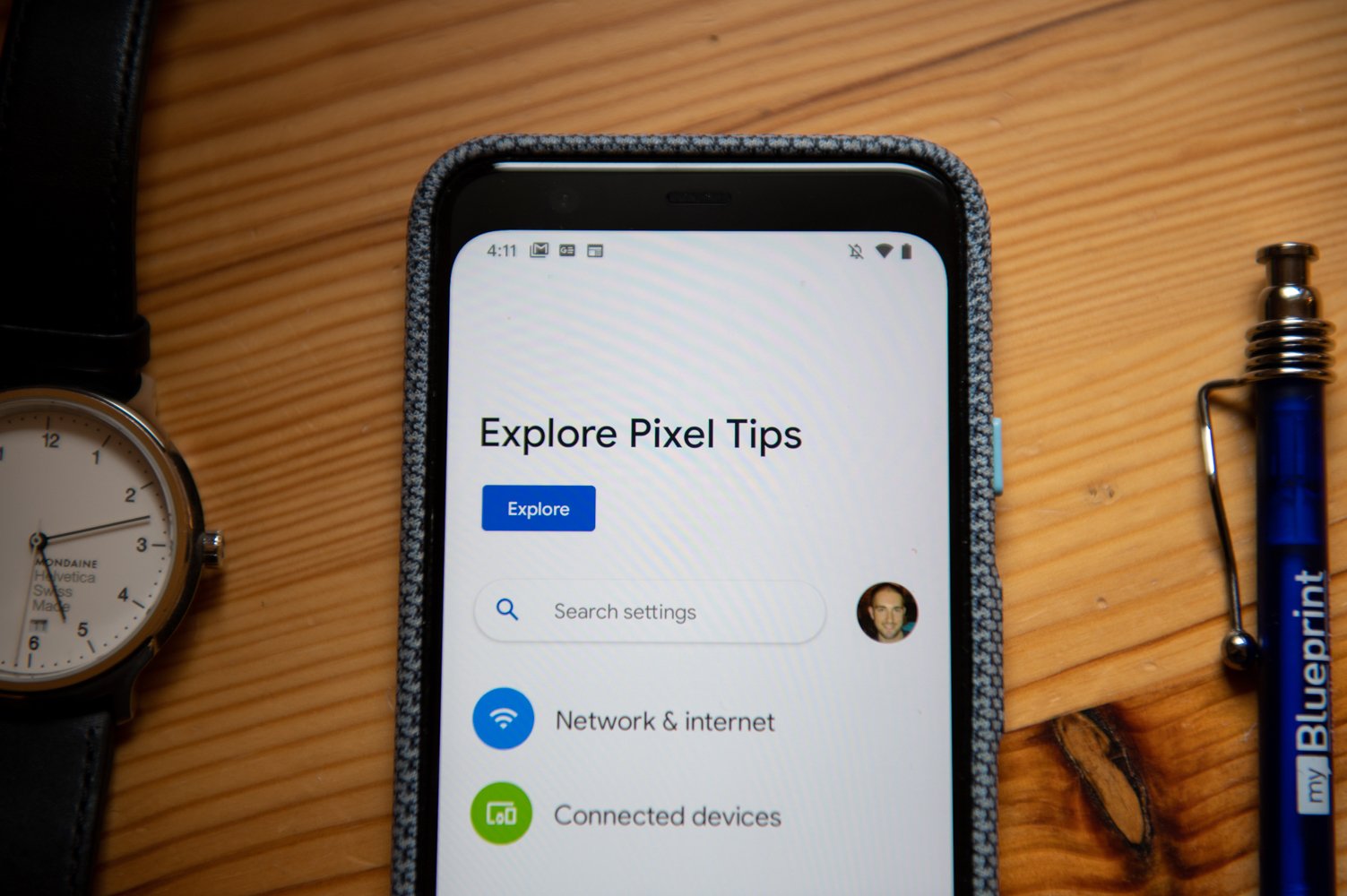
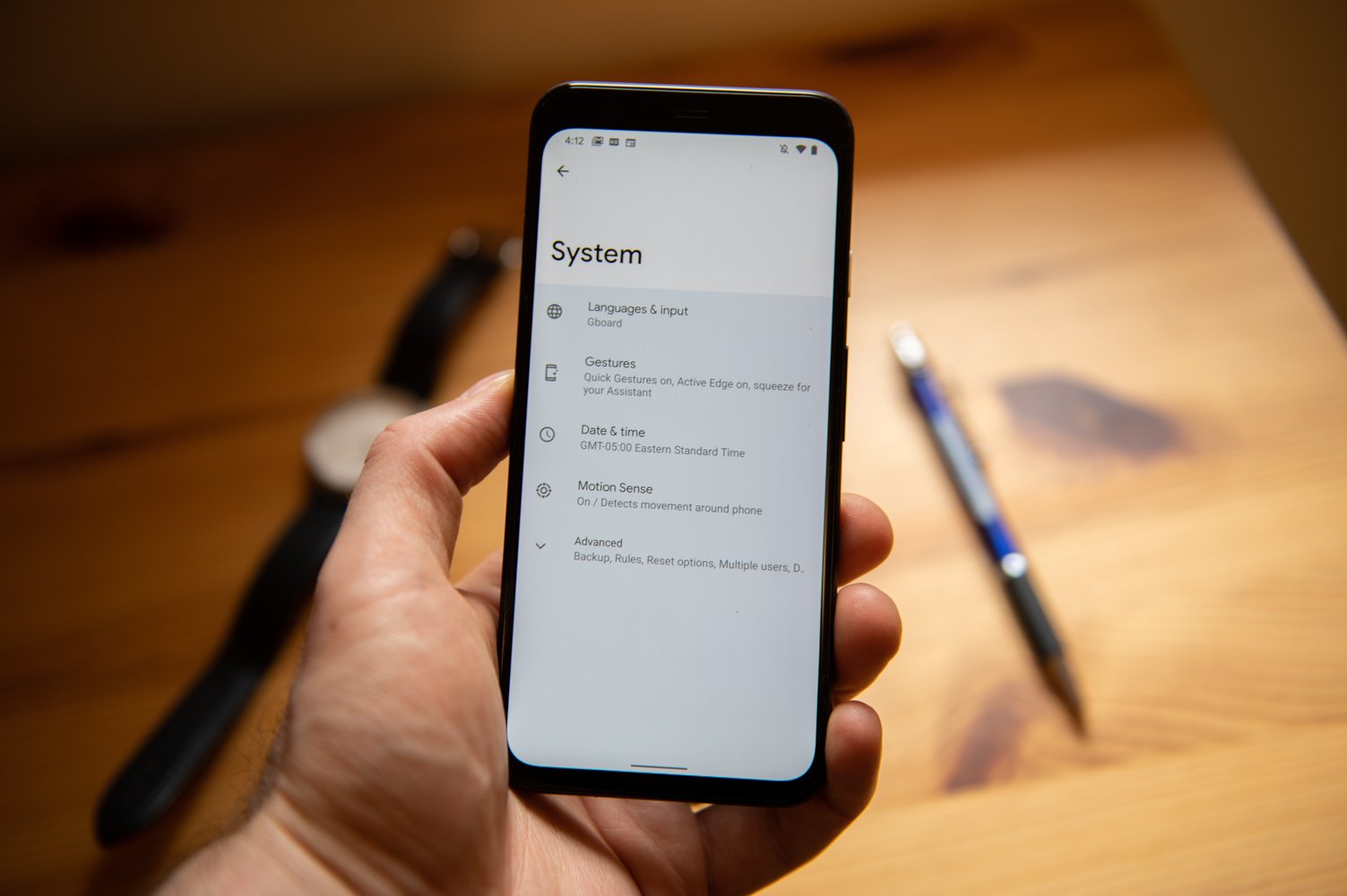
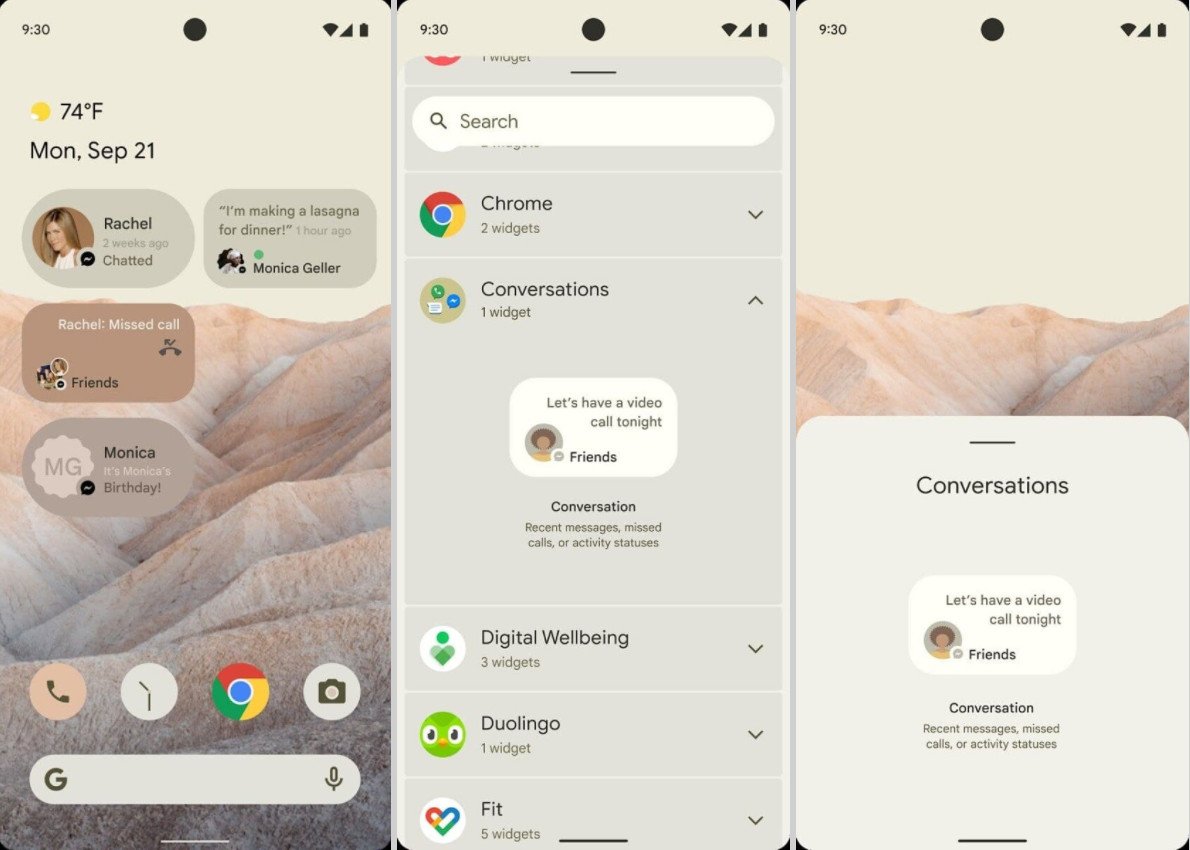
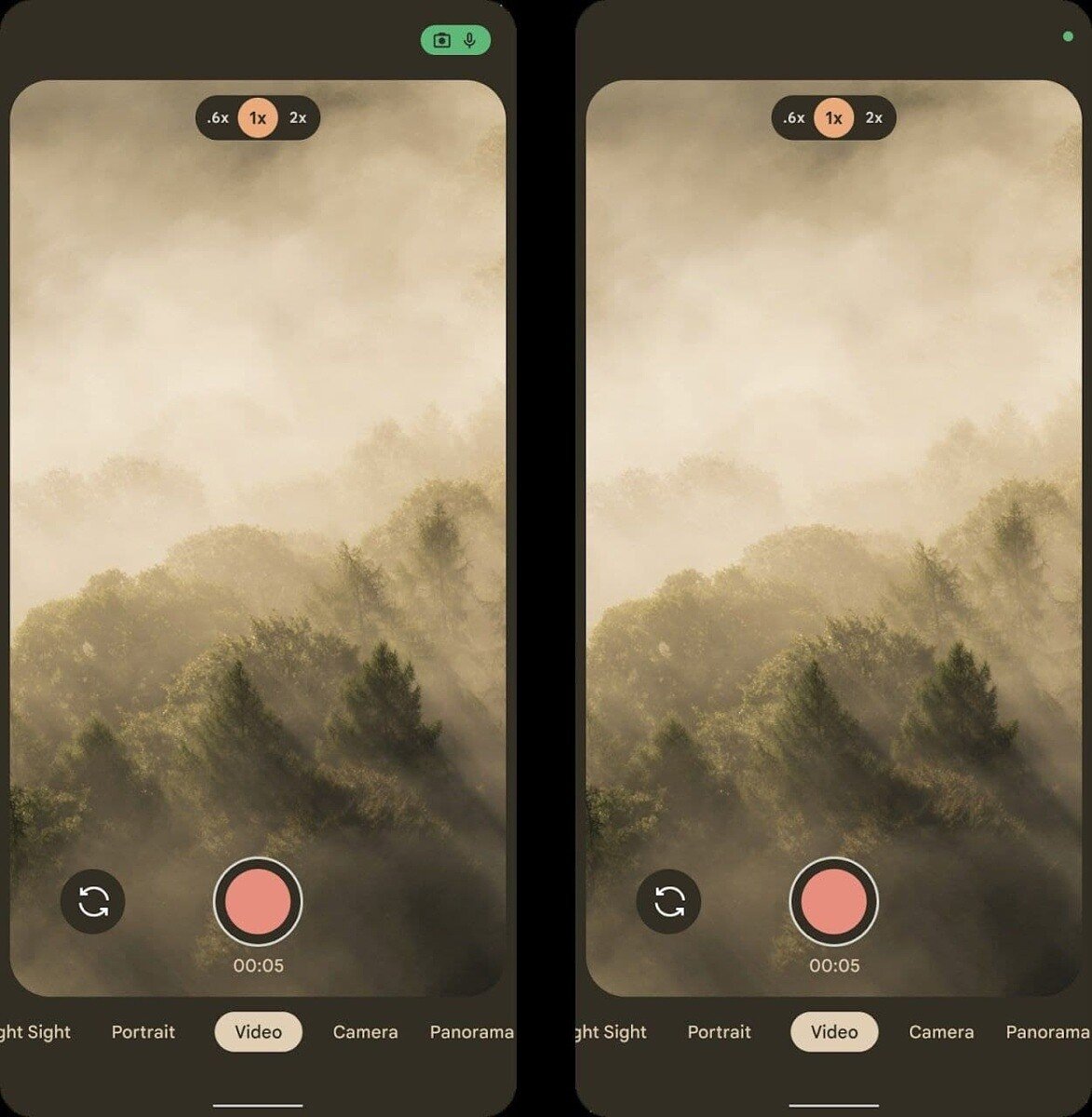
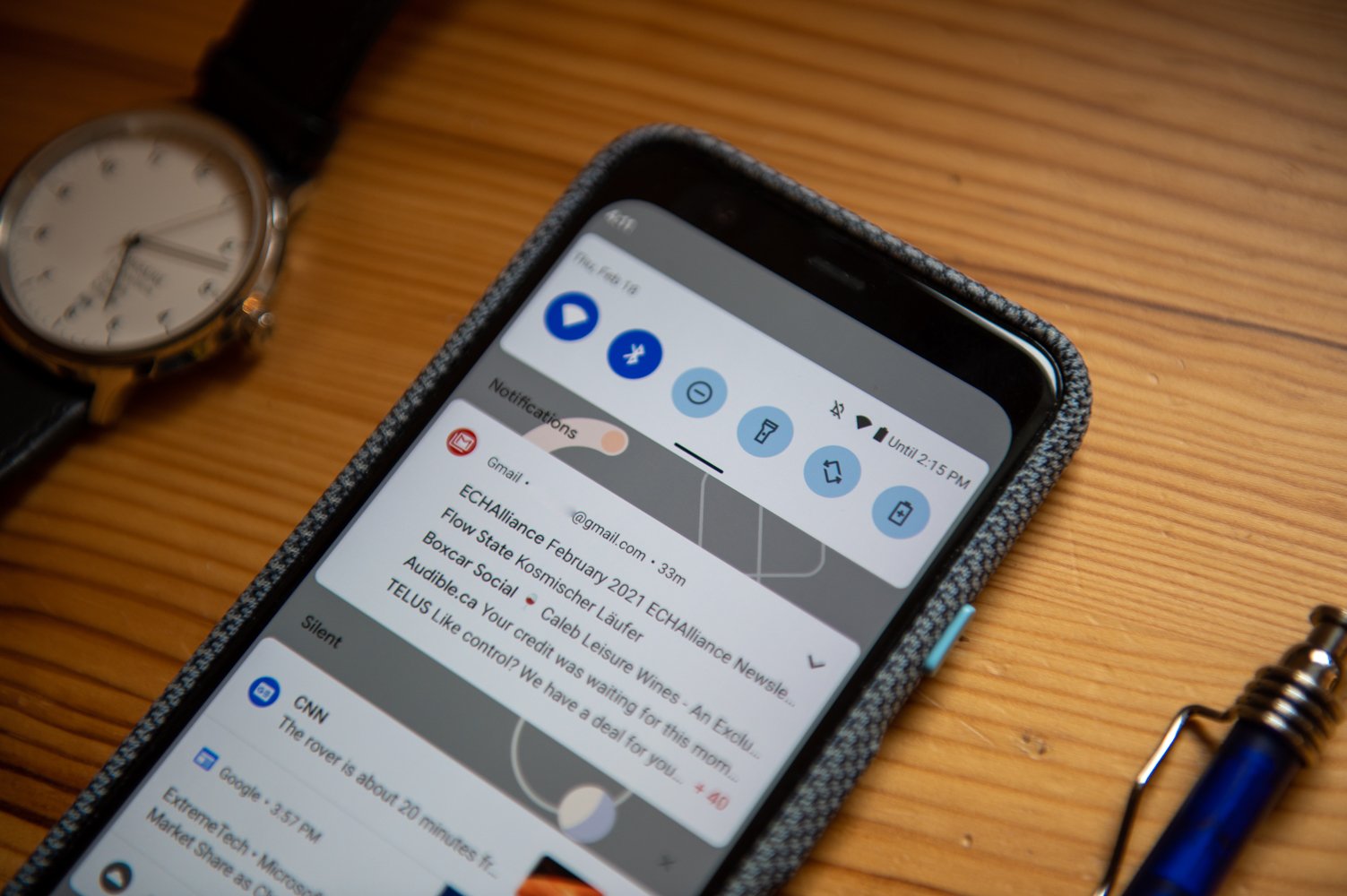


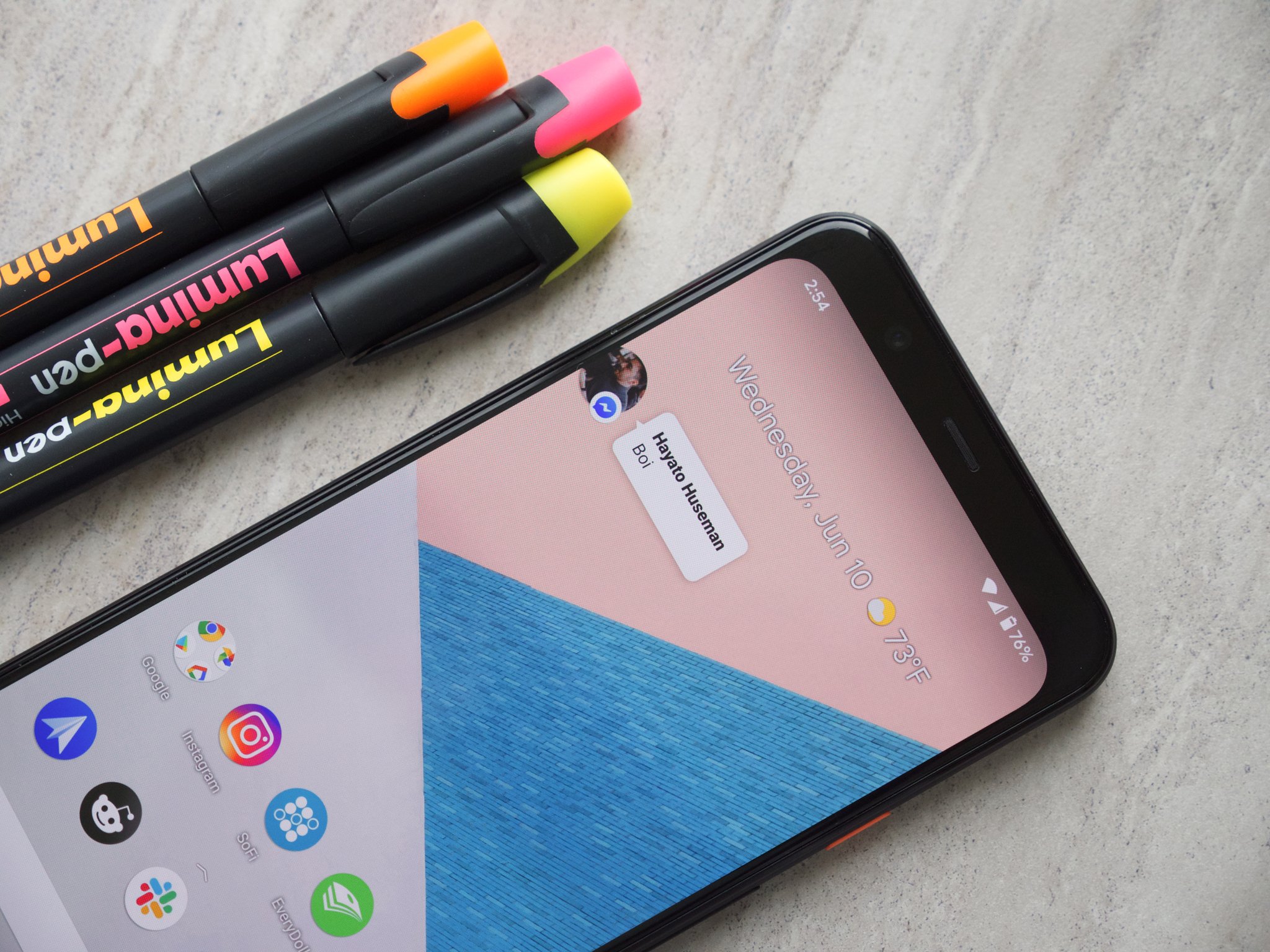
Aucun commentaire:
Enregistrer un commentaire